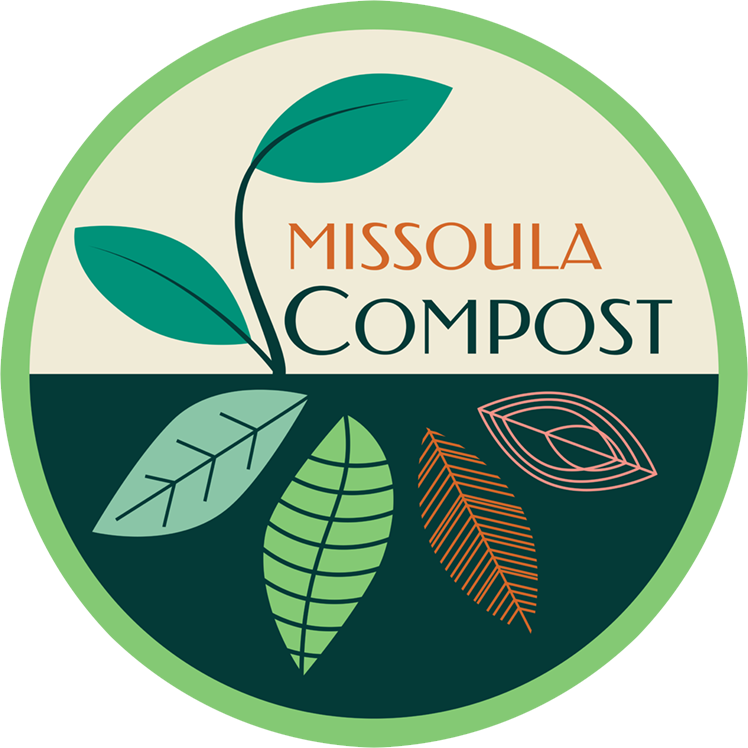
Frequently Asked Questions
-
We offer weekly curbside pickup. Your collection day depends on your neighborhood. You can what day we service your area on our home page.
-
We accept all food scraps including:
Fruit & vegetable peels
Coffee grounds & filters
Tea bags (paper only!)
Breads, grains, pasta
Dairy, eggshells
Meats, bones & seafood
Compostable paper products (napkins, paper towels, pizza boxes)
Certified compostable serving ware (look for BPI or TUV labels)
No plastic, glass, metal, or “biodegradable” items unless certified compostable.
We also accept a wide variety of lawn material like :
Grass clippings
Hedge trimmings
Fall leaves
Weeds
Garden Debris
Fallen Fruit
No pet waste, sod, soil, or ash. View our full compost guide here.
-
Only certified compostable bioplastics are accepted (look for BPI or TUV logos).
“Biodegradable”, “eco-friendly”, and “made from natural materials” and other generic labeling is not accepted. They are not guaranteed to compost within an accepted time frame and may leave harmful residue and toxins.
-
No, but it helps! You can use:
BPI-certified compostable bags
Newspaper
Cardboard at the bottom for moisture control
-
Freeze fragrant food scraps until pickup
Line your bin with newspaper, cardboard, or compostable bags
Layer foods and grasses with cardboard or sawdust to manage moisutre and absorb odors.
Rinse occasionally with water. If you need a tougher cleaner, please opt for natural remedies like castile soap, baking soda, or vinegar.
-
If you live near wooded areas or places with frequent wildlife activity, we highly recommend our bear-resistant bins for safety and local compliance. Just ask us to upgrade your container.
-
Rates vary by bin size and frequency. Please view Residential Rates and Commercial Rates.
-
Unlike recycling, your compost never travels more than 10 miles away from your home or business. We transport it directly to Garden City Compost (Missoula’s City owned industrial compost facility). Here, organics are quickly composted into a finished product within 3 months. The finished compost soil is then available to purchase by our community.
-
Yes! Just contact us at least 48 hours before your pickup day to pause service for two weeks or more. You can reach us at 406-370-5876.
